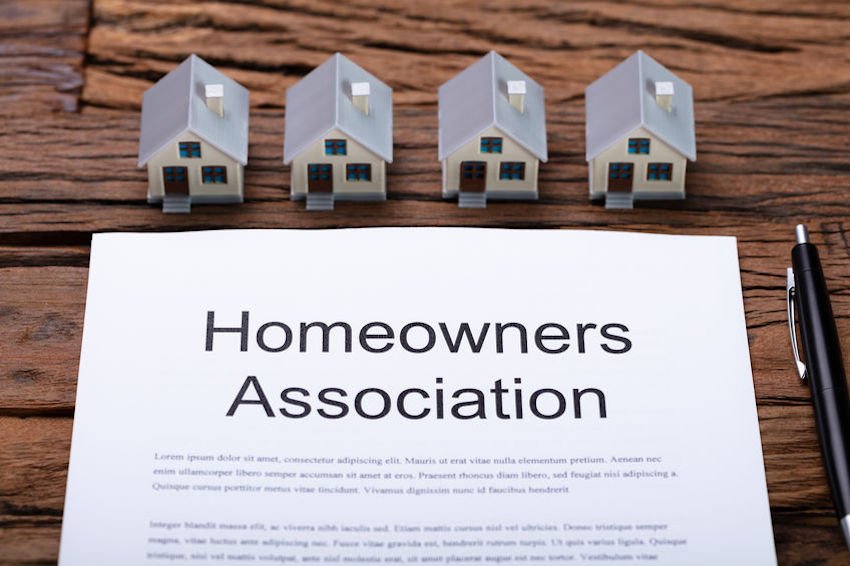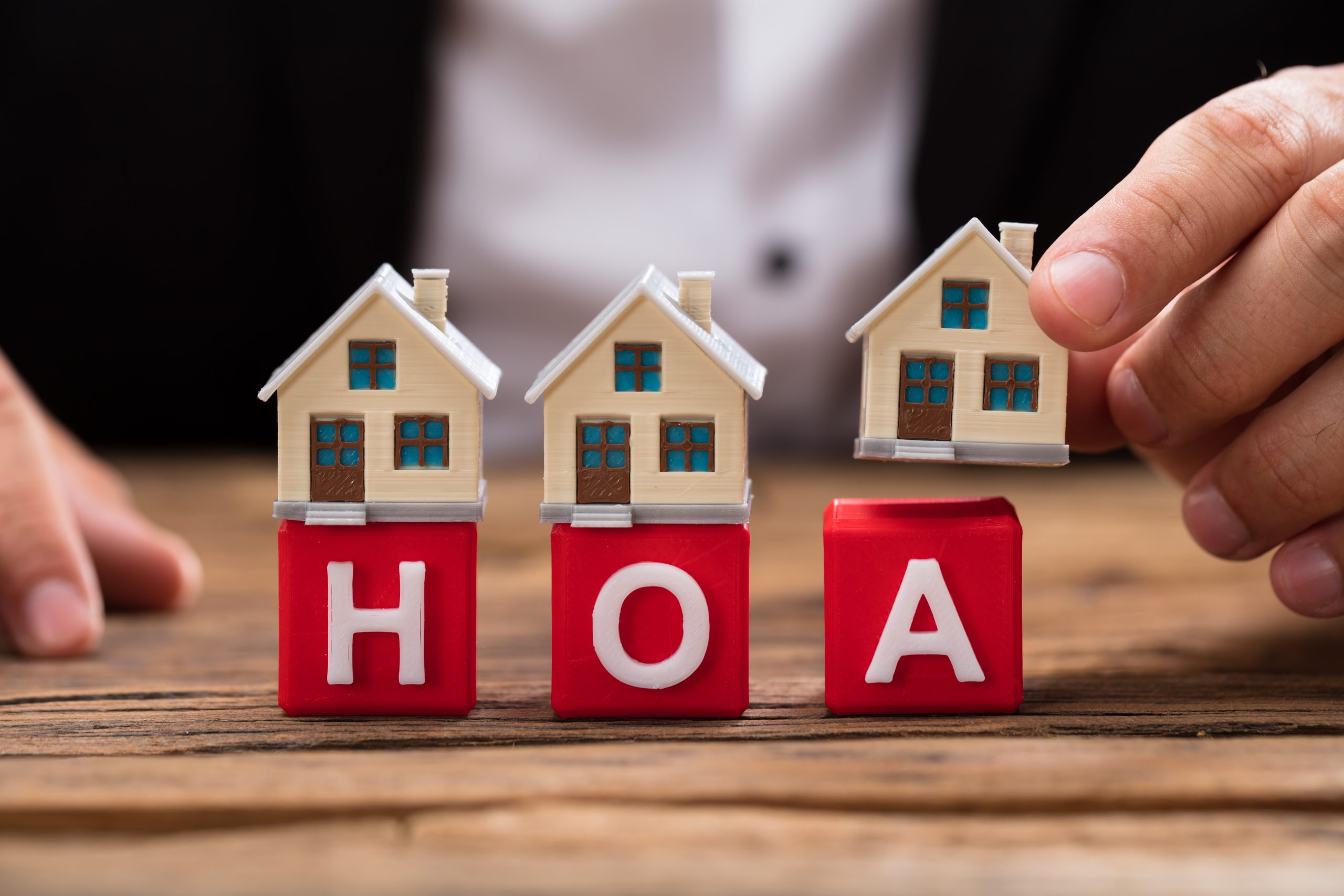The Function of an HOA in Establishing and Enforcing Neighborhood Standards for Locals
The duty of a Homeowners Association (HOA) in establishing and imposing neighborhood guidelines is basic to maintaining a cohesive and organized property environment - hoa condo. By formulating clear regulations that regulate facets such as residential or commercial property upkeep and community conduct, the HOA not just sets criteria for citizens however additionally cultivates a sense of belonging and liability. The execution of these guidelines can offer different difficulties, increasing inquiries regarding justness, interaction, and community interaction. As we discover these intricacies, it ends up being obvious that the influence of an HOA extends much past simple regulation enforcement.
Understanding Homeowners Organizations
Homeowners associations (HOAs) work as governing bodies for residential neighborhoods, playing an essential function in keeping home worths and fostering a sense of area. Generally created by programmers, HOAs are composed of property owners within a marked area that elect a board to look after the association's activities. The primary features of an HOA include enforcing neighborhood rules, taking care of common locations, and organizing area events.
HOAs run under a collection of controling records, including problems, commitments, and limitations (CC&R s), which lay out the legal rights and responsibilities of homeowners. These regulations aim to guarantee that buildings are maintained to a particular requirement, thereby securing the aesthetic allure and general value of the community. Additionally, HOAs often accumulate fees from homeowners to money maintenance, landscape design, and other area services.
The presence of an HOA can significantly influence the living experience within a neighborhood (hoa condo). While some residents value the organized atmosphere and facilities offered, others may discover certain policies limiting. Balancing the interests of all house owners is important for an HOA to operate successfully, guaranteeing that it serves its designated objective of boosting community living while appreciating individual house owner rights
Developing Community Guidelines

To start, an HOA must conduct surveys or convene that permit residents to voice their recommendations and issues. This participatory procedure cultivates a sense of ownership and boosts compliance. Next off, the HOA board have to assess the feedback to recognize usual motifs and top priorities that warrant formal incorporation in the standards.
It is also vital to make sure that the guidelines are clear, concise, and quickly comprehended. Ambiguities can cause problems and misunderstandings, undermining the function of the guidelines. Additionally, the guidelines must be thorough, covering numerous aspects of area living, consisting of residential property maintenance, noise levels, and use usual areas.
Enforcement of Guidelines
Effective enforcement of community regulations is essential for maintaining order and making certain that all homeowners stick to the developed standards. An HOA should apply a structured technique to enforce these regulations, which frequently includes a mix of tracking, interaction, and charges for non-compliance.
First, regular assessments and community patrols can help determine violations, ensuring that regulations are regularly applied across the area. This proactive monitoring permits the HOA to address problems prior to they escalate, promoting a sense of responsibility amongst residents.
Second, clear communication is vital. Citizens should be educated of the guidelines and the treatments for reporting infractions. An open line of interaction encourages homeowners to voice problems and look for explanation on guidelines, which can enhance compliance.

Finally, when violations happen, the HOA needs to apply repercussions as described in the controling documents. This might consist of warning letters, fines, or, in severe situations, legal action. It is vital that penalties are applied rather and continually to preserve depend on within the neighborhood. By successfully applying policies, an HOA can grow a harmonious living environment that mirrors the cumulative values of its citizens.
Advantages of HOA Laws
Numerous benefits occur from the implementation of HOA regulations, which offer to boost the quality of life within a neighborhood. One key benefit is the upkeep of anonymous property values. By enforcing criteria for visual appeals and maintenance, HOAs guarantee that homes and common areas stay attractive, fostering a desirable living setting that can lead to boosted residential property worths over time.
Additionally, HOA policies advertise consistency and harmony within the community. This comprehensibility in layout and maintenance assists to develop a sense of belonging amongst citizens, contributing to area satisfaction and a favorable ambience. Additionally, developed standards facilitate problem resolution amongst neighbors by providing clear expectations and procedures for weblink behavior, thus reducing disputes.
Another significant advantage is the arrangement of common facilities and services. Lots of HOAs manage community centers such as clubs, parks, and pools, which boost recreational possibilities for residents. These services not only improve the lifestyle but likewise encourage social interaction.
Eventually, the policies set forth by an HOA cultivate a well-organized, unified area, making sure that homeowners take pleasure in a high standard of living while promoting a supportive atmosphere for all house owners.
Common Obstacles Dealt With by HOAs
In the middle of the advantages that house owners organizations (HOAs) can offer, they likewise experience a range of challenges that can prevent their efficiency. Numerous property owners may not participate in meetings or area tasks, leading to a disconnect between the HOA board and locals.
Another difficulty is the enforcement of policies and regulations. Disputes can emerge when homeowners really feel that enforcement is irregular or biased, potentially causing disputes within the area. Additionally, HOAs often encounter financial restrictions, which can restrict their capacity to keep typical areas or fund neighborhood projects. This can create discontentment among residents who expect high requirements of upkeep.
Furthermore, browsing legal complexities can be daunting for HOAs. Advancing and altering demographics area needs need HOAs to adjust their standards, commonly meeting resistance from long-standing residents that are accustomed to typical norms.
Verdict

By creating clear guidelines that regulate elements such as property maintenance and neighborhood conduct, the HOA not only establishes criteria for locals however likewise promotes a feeling of belonging and accountability.Homeowners associations (HOAs) offer as governing bodies for property neighborhoods, playing an essential role in maintaining home values and fostering a sense of community. Several house owners may not participate in conferences or community activities, leading to a detach between the HOA board and homeowners. Changing demographics and evolving area needs call for HOAs to adjust their guidelines, typically satisfying resistance from long-lasting residents who are accustomed to typical norms. Via the development of clear guidelines and consistent enforcement, HOAs promote home maintenance, neighborhood satisfaction, and trust fund amongst residents.